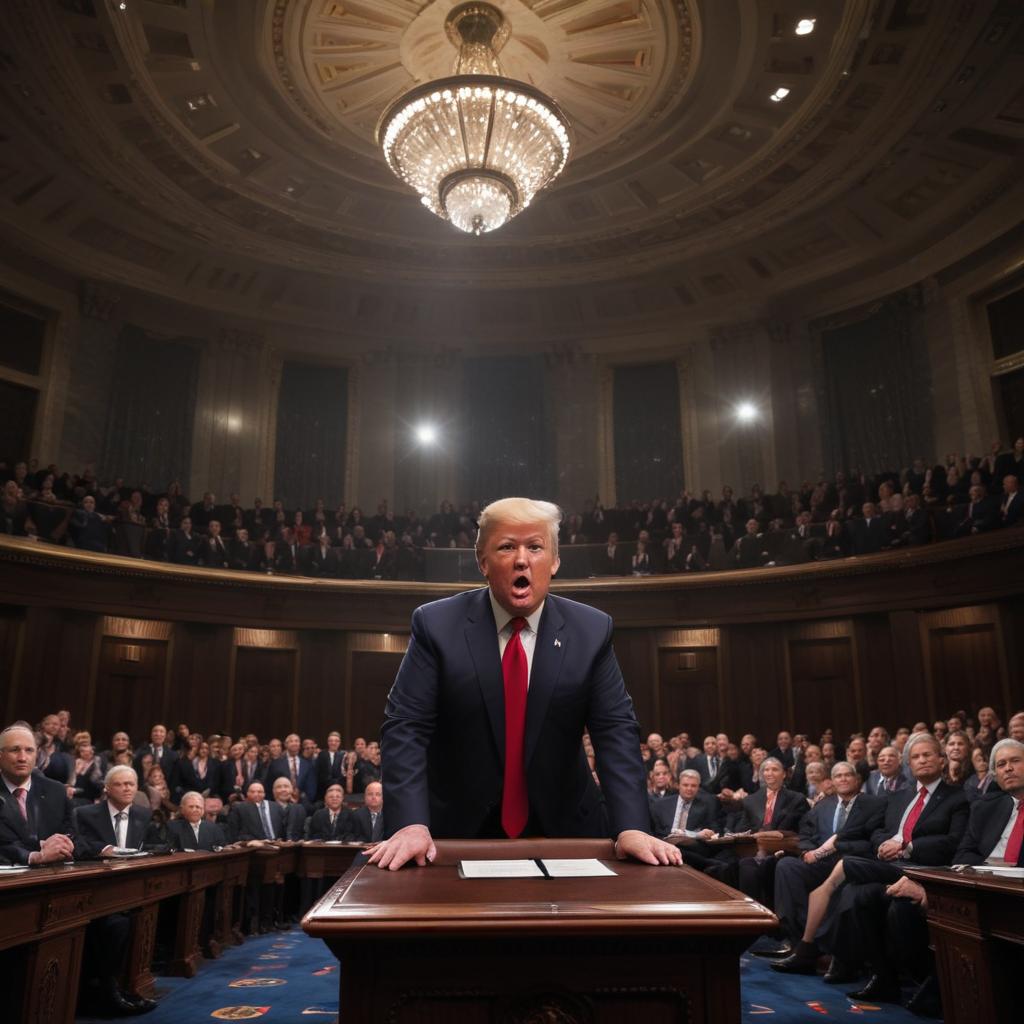President Trump is urging the Senate to eliminate the filibuster, calling it the 'nuclear option,' to allow the Republican majority to bypass Democrats and end the ongoing federal government shutdown. The shutdown, now in its 30th day, is causing widespread hardship, affecting food aid, health insurance, and travel.
President Donald Trump has publicly called on the Senate to invoke the 'nuclear option' and eliminate the filibuster, a long-standing legislative tactic requiring 60 votes to overcome. His demand, posted on Truth Social, aims to enable the 53-seat Republican majority to bypass Democratic opposition and reopen the federal government, which has been shut down for 30 days. Trump stated he gave a 'great deal' of thought to this choice during his return flight from an Asia trip, where he felt foreign leaders questioned why 'powerful Republicans allow' Democrats to cause the shutdown. The filibuster's removal would fundamentally alter Senate operations and congressional deal-making. The current shutdown is causing significant hardship across the country, with Alaskans stockpiling food, Mainers awaiting heating subsidies, flight delays impacting holiday travel, federal workers going unpaid, and Americans facing skyrocketing health insurance premiums. Sen. Lisa Murkowski of Alaska highlighted the growing food scarcity and stress. Despite quiet bipartisan talks, the shutdown is not expected to end before Saturday's critical deadline, when federal SNAP food aid funds could run dry, impacting one in eight Americans. The White House has prioritized military pay but refused to tap funds for food aid, following substantial cuts to the SNAP program signed into law by Trump earlier this summer. Religious leaders have criticized the situation, calling it 'cruelty.' With the House still closed and senators preparing to depart for a long weekend, the shutdown is likely to extend into another week, potentially surpassing the 35-day record set in 2019 during Trump's first term. Many anticipate that a resolution might come after next Tuesday's off-year elections in New York City, Virginia, and New Jersey, as political leaders assess their standing. Senate Majority Leader John Thune, R-S.D., expressed hope that these elections would 'free people up to move forward with opening the government.'



